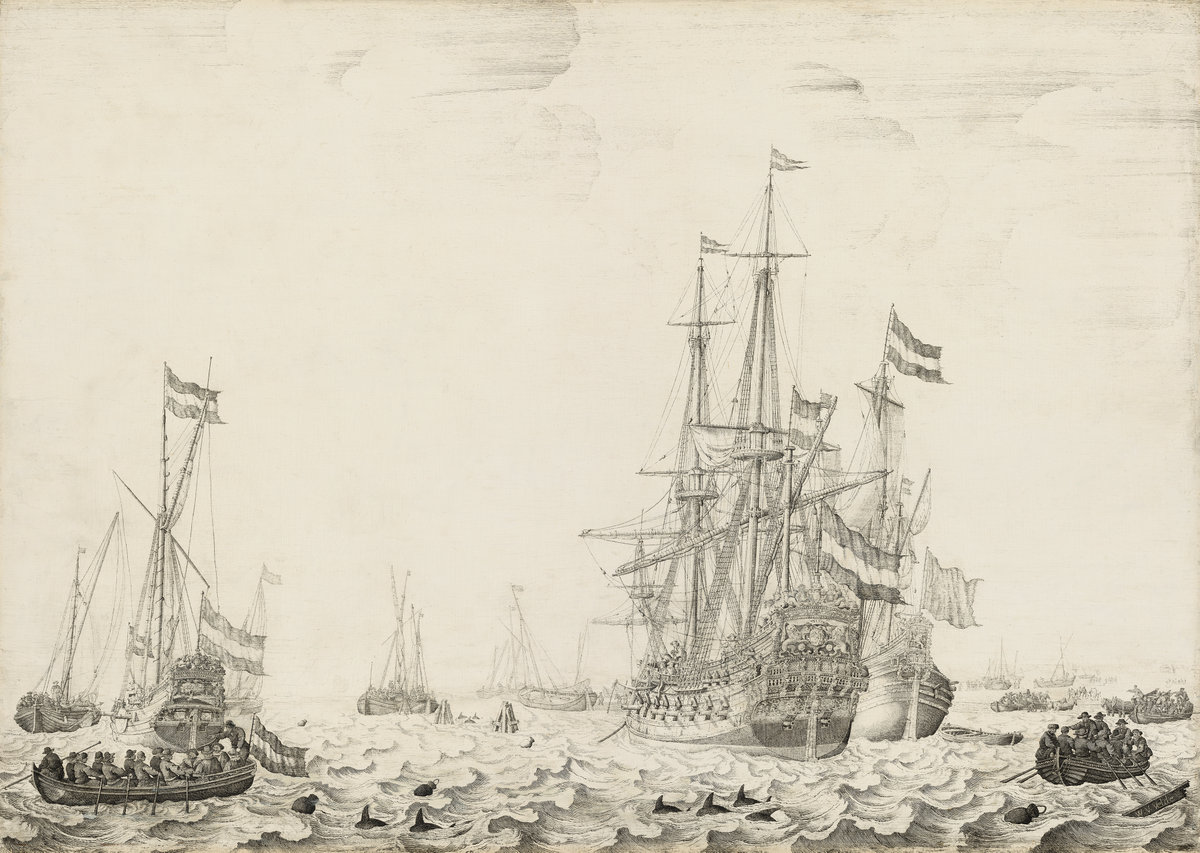By Sarah Bakhtiari
Looking ahead to the future of conflict, what do we see? Some point to the salience of scarce water resources as a primary driver of future fights. (But here’s an opposite take—cooperation over transboundary water resources is more common than conflict over them.) On the other hand, perhaps territorial conflicts are not yet passé; here’s an argument that it’s all about geography for Putin, and China certainly riled the United States with its claims to territorial seas around Subi Reef in the South China Sea. Was the recent transit by the USS Lassen actually testing freedom of navigation, as most assume, or peaceful passage—and what are the different implications?
For a quick graphical illustration of how, why, when, for what, and with what the United States has gone to war in the past, check out this piece on Medium. David Edelstein and Ronald Krebs argue that perhaps the process of formulating grand strategy in the United States leads down a road of threat amplification and self-fulfilling conflict prophecies. Josh Busby pushes back a little. Meanwhile, one strategist advocates for “strategic ambiguity” as a potential way out of this mess. And on the issue of America’s strategy to combat extremism around the world through partner-nation capacity, Steven Metz suggests it’s ineffective and due for replacement. For the latest thoughts on the Iran deal, check out Ambassador Samantha Power’s assessment—if the U.S. turns back now, it will undercut the efficacy of sanctions and multilateral regimes in the future.
Why were elections in Côte d’Ivoire peaceful this year, for the first time in the state’s history since the introduction of multiparty elections in 1990? Here are several plausible explanations, which include weak motives for organizing violence amongst the coalition and opposition parties. In Myanmar’s first general elections since the nominal end of military rule in 2011, the National League of Democracy trounced the incumbent army-back party, winning an indirect election for the presidency. And in Egypt, Jacob Olidort explains why Salafi Islamists are contesting the recent elections—the bottom line is that these groups continue to understand politics outside the parliamentary process.
And lastly, in case you haven’t had your finger on the pulse of what’s new and controversial in the field now, take a look at Chris Blattman’s opinion piece on the Data Access and Research Transparency (DA-RT, for short) initiative. A relatively more straightforward issue for quantitative scholars, qualitative scholars launched an online petition to slow DA-RT’s implementation that gets support from both sides of the aisle (quantitative and qualitative). Then again, here and here (and the reattack here) scholars assailed the petition and its aims. Perhaps more diversity in academia would benefit this—and other—problems within the ivory tower?







